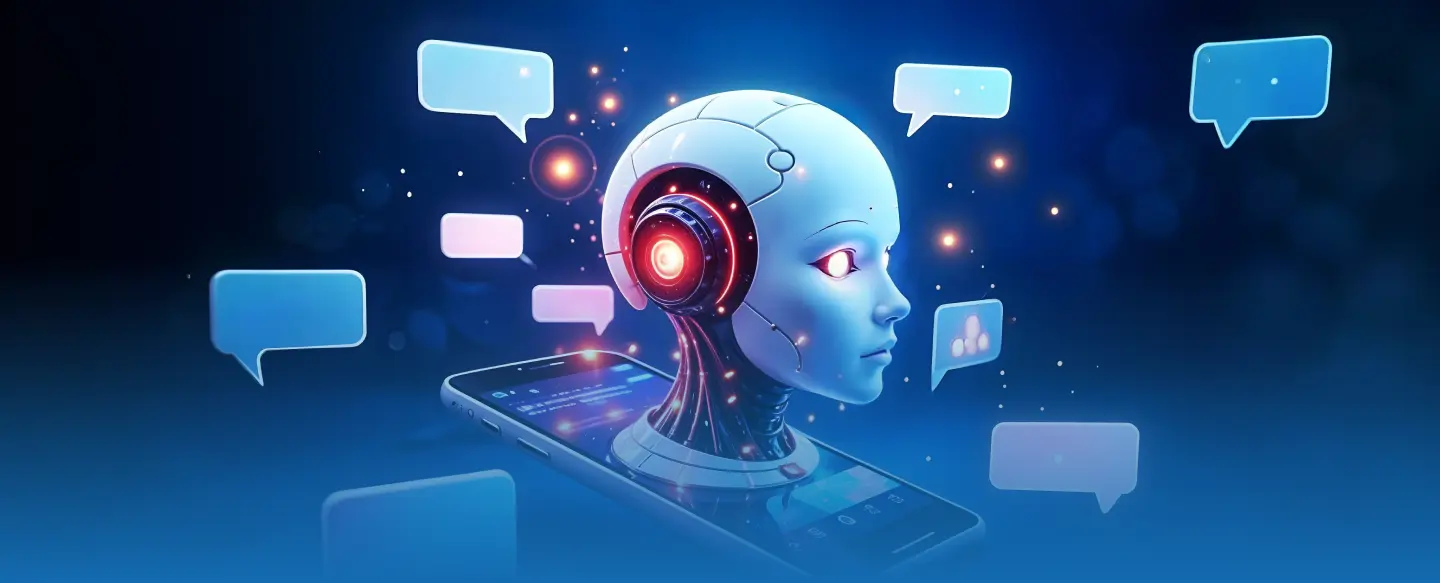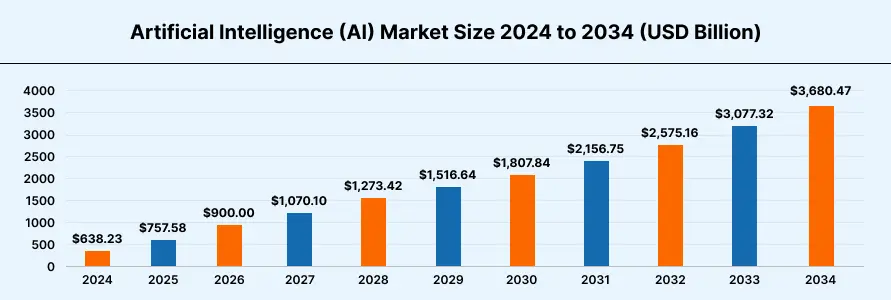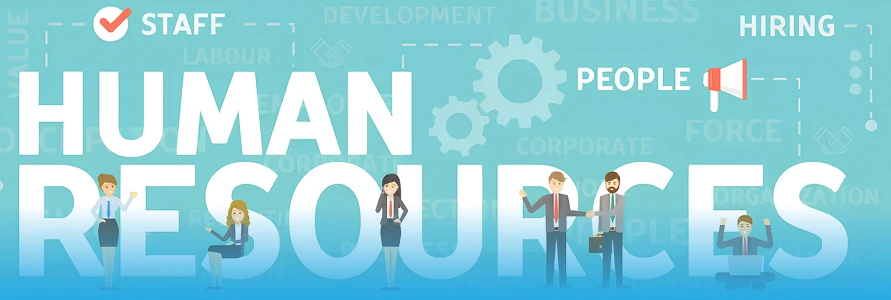
The Future of AI in Application Development: What’s Next?
Introduction
AI is reshaping the way software gets built, and the shift is happening fast. Tasks that used to take days or even weeks can now be done in just a few hours. Developers are no longer stuck writing every line of code by hand. With the help of smart AI tools, they can get suggestions, auto-generate code, and move through tasks much more quickly. The result? Businesses are rolling out updates faster, fixing problems sooner, and delivering better experiences to their users with less effort.
In this article, we’ll break down how AI is transforming software development, what trends are worth paying attention to, and how your team can prepare for what’s coming next.
The Rise of AI in Software Development

The numbers speak for themselves. According to Precedence Research, the global AI market is projected to grow from USD 638 billion in 2025 to USD 3.68 trillion by 2034, at a compound annual growth rate of about 19%.
Exploding Topics reports that 83% of companies now see AI as a top priority in their business plans. This shows that many businesses are serious about using AI to improve how they work and build products.
Take Netflix as an example. The company makes over $1 billion each year from its AI-based recommendation system. This tool suggests shows and movies based on what people like to watch. It helps users stay engaged and keeps them coming back. That’s a clear example of how smart AI features can directly increase a company’s revenue.
AI’s Impact Across the Software Lifecycle
 Making Deployment and Server Management Easier
Making Deployment and Server Management Easier
Once an app is ready, getting it out into the world and keeping it running smoothly is a whole job on its own. AI helps by keeping an eye on performance, adjusting server resources based on how many users are active, and spotting issues before they cause trouble. It can even recommend when to pause or reverse updates if something isn’t working right.
All of this means better performance and happier users. It also saves time and money, which every team can appreciate.
 Taking the Stress Out of Testing
Taking the Stress Out of Testing
Testing is a big part of software development, but it’s not always fun. Going through the same steps to check if things work can get repetitive. AI is stepping in to take care of a lot of that. It can write test cases, find bugs that are easy to miss, and make sure new features don’t break anything.
Some studies say that AI can now handle up to 40 percent of repetitive testing tasks. That gives developers more time to focus on bigger problems and new features, instead of doing the same test again and again.
 Helping Developers Code Faster and Smarter
Helping Developers Code Faster and Smarter
Writing code can take time, especially when you’re doing the same things over and over. Tools like GitHub Copilot, Tabnine, and CodeWhisperer are changing that. They give smart suggestions as you type, help fix issues quickly, and even write chunks of code for you. It feels like having a helpful teammate by your side, ready to jump in when you need it.
One study showed that developers using Copilot finished their tasks about 56 percent faster. On top of that, around 30% of its suggestions get used, which means it’s doing real work, not just throwing random code at you. For junior developers, this kind of support can make a big difference.
Key Benefits for Developers and Businesses
Real-World Use Cases
AI is already making a real difference in how software is built and used. It’s not just about faster coding or smarter tools. Businesses across many industries are using AI to solve everyday problems, improve how they work, and deliver better experiences for their users. Let’s look at some real examples.
AI Development: Risks, Common Challenges & Solutions
 Messy Data
Messy Data
One of the biggest things that can hold AI back is poor-quality data. If the information going into your system is outdated, inconsistent, or full of gaps, the output won’t be very helpful. The good news is that this is completely fixable. By taking the time to organize, clean, and structure your data, you give AI tools a solid foundation to work with. Teams that make this a priority often see stronger results and fewer errors.
 Lack of AI Experience
Lack of AI Experience
AI tools are still new for many developers, and not everyone has worked with them yet. Rather than seeing this as a problem, it’s a great chance to help your team grow. Providing training, encouraging experimentation, and creating space to learn can build confidence and skills. The more comfortable your developers become with AI, the more value they can bring to every project.
 Struggles with Complex Code
Struggles with Complex Code
AI does really well with basic or repetitive code, but it can sometimes fall short when dealing with large, complex, or older systems. This actually gives developers a chance to do what they do best. By letting AI handle the smaller, routine pieces, your team can focus on solving harder problems and improving the structure of the codebase. It’s a smart way to balance automation with human judgment.
 Security Concerns
Security Concerns
In industries like healthcare, finance, or legal services, handling data carefully is critical. AI can absolutely be used in these spaces, but it requires clear policies and a thoughtful setup. Many AI tools are now built with strong privacy features, and teams that work closely with legal or compliance partners can make sure they stay on the safe side while still delivering smart, efficient solutions.
 No Clear Strategy
No Clear Strategy
Starting with AI without a plan can lead to confusion and wasted effort. The solution is to start small and think ahead. Even a basic AI strategy can help teams pick the right tools, stay focused, and make better decisions. Clear ownership, simple guidelines, and a shared vision across departments can make AI a strong part of your long-term success.
Future Possibilities with AI in Development
AI is not just helping us build better software today. It is also shaping how development will work tomorrow. The future holds exciting changes that will make creating, managing, and improving applications easier for more people across all kinds of industries.
 Natural Language Programming
Natural Language Programming
We are moving toward a future where you can simply describe what your application should do in plain English, and AI will build it for you. Early versions of this are already here. Tools like GPT-4 and Code Interpreter can take simple instructions and turn them into working code.
 Self-Optimizing DevOps
Self-Optimizing DevOps
In the coming years, software systems will become more independent. They will be able to monitor their own performance, scale resources up or down based on demand, and fix errors automatically. This means fewer late-night server issues and less time spent on routine fixes. Development teams will focus more on strategy and design, while AI handles the repetitive tasks behind the scenes.
 Democratized Development
Democratized Development
Low-code and no-code platforms are already making it easier for non-technical teams to build tools. With the help of AI, these platforms will become even more powerful. Teams in departments like sales, operations, and customer service will be able to create the apps they need to work better and faster. This speeds up innovation and reduces dependency on developer resources.
 Ethical and Responsible AI
Ethical and Responsible AI
As AI becomes more common, people will start asking more questions about how it works and how their data is being used. Businesses will need to be clear and honest about how they use AI. They will also need to make sure their systems are fair, respectful of privacy, and free from harmful bias. Building trust through responsible AI practices will become just as important as building smart features.
Conclusion
AI in app development is not just a trend. It is already helping teams work faster, build better-quality apps, and feel more satisfied with their work. It also makes it easier to manage the systems that run behind the scenes.
AI will not replace people. Instead, it supports them by taking care of routine tasks and giving them more time to focus on creative problem-solving. To get the best results, it’s important to start with a plan, choose simple areas to try it out, and build on your success step by step.
If you are thinking about using AI in your projects, we are here to help. At Brevity Technology Solutions, we work with you to explore how AI can fit your goals. Reach out to us and let’s find the right solution together.
Related Post
-
F
-
A
-
Q
Start by identifying your pain points. If your team spends too much time on testing, look into AI-based test automation. If coding speed is your concern, try AI coding assistants like GitHub Copilot. Brevity can help assess your current workflow and recommend tools that align with your goals.
Most AI development tools are compatible with popular technologies like JavaScript, Python, Java, TypeScript, C#, and more. They also work well with modern frameworks such as React, Angular, Laravel, and .NET. AI tools today are designed to be compatible with most technologies, so they can fit into your existing development environment without causing major changes or disruptions.
Traditional automation follows predefined rules and workflows. AI-powered automation, on the other hand, adapts based on data. It learns from previous outcomes, handles edge cases better, and can make decisions in real time.
You can track time saved on common tasks, reduced bug reports, faster release cycles, and developer satisfaction. Some teams also track the percentage of code generated or assisted by AI. The ROI usually becomes clear when comparing project timelines before and after adoption.
After launch, AI can play a key role in improving how your app performs and how users interact with it. It can track performance issues, personalize content for different users, handle routine support questions, and even spot patterns that show when a user might leave or make a purchase. In short, AI continues to add value long after the app is built.
That’s completely fine. Most modern AI tools are designed to be user-friendly and fit into existing workflows. Your team can start small with simple tools and grow from there.
Not at all. AI can benefit projects of any size. Startup businesses can use AI to build MVPs faster, automate manual work, and provide better customer experiences.
Yes! Some AI tools scan code for vulnerabilities, monitor system behavior, and flag unusual activity. They can help reduce security risks, especially when integrated early in the development process.
Want to Scale
Your Business? Let’s Meet & Discuss!

CANADA
30 Eglinton Ave W Mississauga, Ontario L5R 3E7

INDIA
3rd floor Purusharth Plaza, Amin Marg, Rajkot, Gujarat. 360002
Get a Quote Now
Let's delve into a thorough understanding of your challenges and explore potential solutions together










